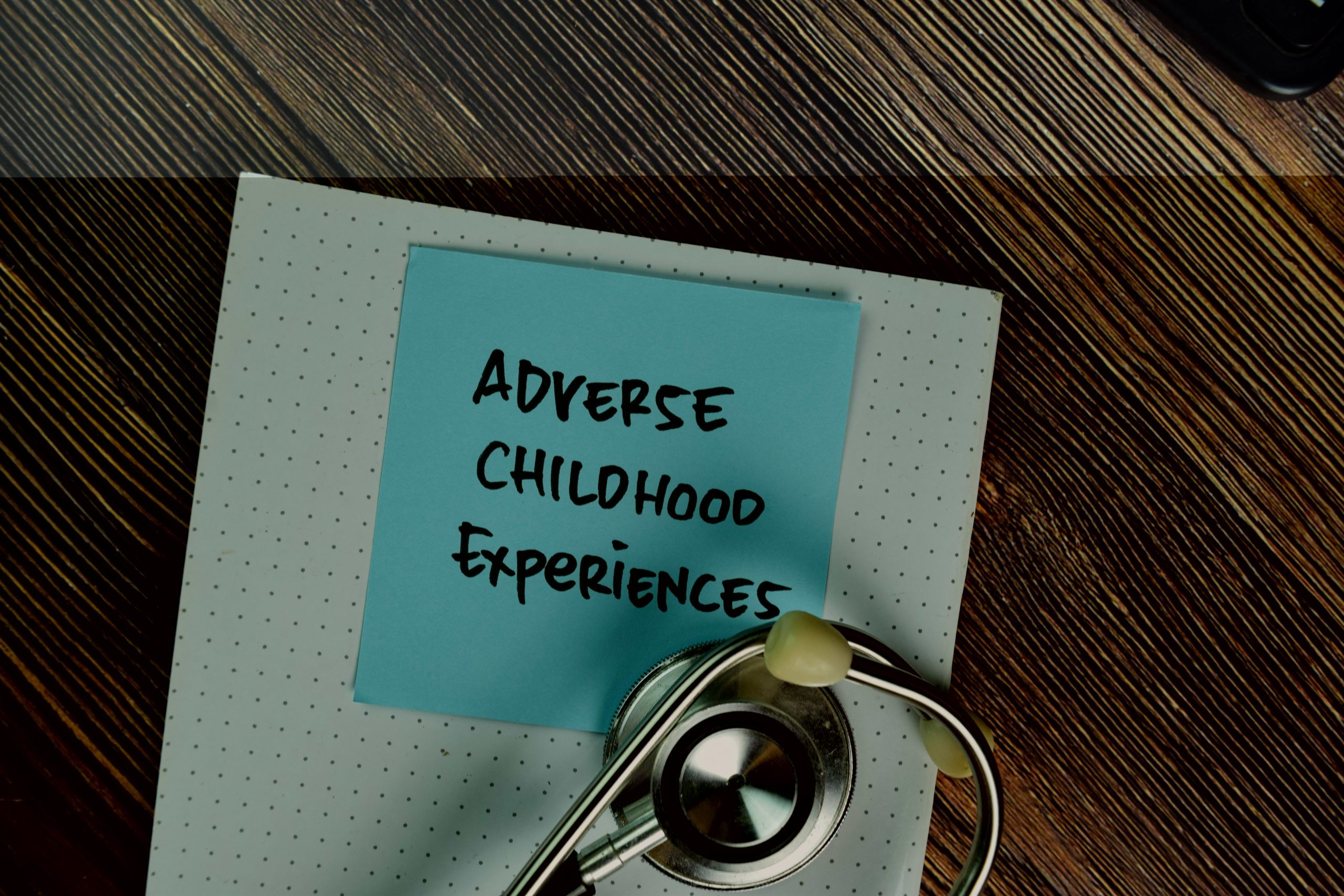A lot of us didn’t have an idyllic home life growing up. Divorce, for example, can cause difficulties for many children, and a solid family structure has been shown as vital in reducing environmental risk factors for addiction and mental health issues. However, many children suffer from experiences far worse than divorce, and an accumulation of these adverse childhood experiences is often at the core of trauma, mood disorders, and substance abuse.
Understanding Adverse Childhood Experiences
In 1997, physician-researchers Vincent Felitti and Robert Anda partnered with Kaiser Permanente and the Centers for Disease Control (CDC) to understand the traumatic experiences many children face between birth and age 17.
Now known as adverse childhood experiences, or ACEs, the research was groundbreaking at the time, especially in how it examined the effects of abuse, household challenges, and neglect as risk factors for addiction, mood disorders, and other health challenges later in life. There are 10 specific adverse childhood experiences:
- Physical, sexual, or verbal abuse
- Emotional or physical neglect
- Separation or divorce
- Witnessing domestic violence and other forms of abuse
- Parental or household mental illness
- Parental or household addiction to alcohol or drugs
- A family member who’s in prison
While these are the primary ACEs, further research points to the harm of additional traumatic incidents including, but not limited to:
- Parent, grandparent, or guardian deaths
- Bullying
- Homelessness
- Food scarcity
- Being in the foster care system
- Ongoing community violence
- Terrorism
But the original top 10 are the guidelines most often used by mental health professionals and addiction scientists to understand a person’s background, risk factors, and protective factors in their early life.
Although still not widely known, ACEs are common. The CDC indicates that as of 2019, more than 60 percent of adults had at least one ACE, and between 15 and 20 percent had four or more. Women and members of the BIPOC community have a greater risk of four or more, as do individuals in the LGBTQAI2+ community. The negative effects of these experiences intensify based on how many of them a child has.
If you’re curious about whether your background qualifies, take this ACEs quiz.
The Compounded Effects of ACEs
The CDC states that “toxic stress from ACEs can change brain development and affect how the body responds to stress. ACEs are linked to chronic health problems, mental illness, and substance misuse in adulthood.” Unlike a single stressful event, such as going to a new school, the toxic stress from ACEs is built up over time because of continual exposure to traumas and a lack of proper adult support. This toxicity is what contributes to numerous health issues in adulthood.
The American Academy of Pediatrics also notes that people with higher ACEs scores suffer from greater incidents of:
- Teen pregnancy
- Autoimmune disorders
- Heart disease
- Liver disease
- Obesity
- Intimate partner violence
- Sexually transmitted infections (STIs)
- Suicide attempts/death by suicide
Additionally, some studies indicate that “child maltreatment has repeatedly been shown to predict post-traumatic stress disorder (PTSD) among adults exposed to traumatic events.”
However, with proper awareness—including recognizing early and generational trauma—individuals can get the help they need and move forward with rewarding lives.
Acknowledgment and Resilience
Often when someone experiences a wide range of traumatic issues yet still seems to be functioning “well enough” in society, they’re praised for their resilience. And this trait is certainly important in life, as there will always be challenges to address and overcome. However, some experts state that it actually takes more to heal from ACEs—also referred to as post-childhood adversity syndrome—to not just get by in life, but to thrive.
According to Aces Too High (ATH) here are some ways to start this process:
- Engage in comprehensive therapy. Whether you’re in a treatment facility for mental health or substance abuse issues, or working with a professional individually, ATH notes that by partnering with “a skilled therapist to address the adversity we may have faced decades ago, those negative memories become paired with the positive experience of being seen by someone who accepts us as we are—and a new window to healing opens.”
- Write it down. There are many benefits to journaling, and really no rules at all. Share it or don’t. Keep it or shred it. The most important thing is to be honest with yourself about the multitude of thoughts and emotions related to your experiences and purge your mind of them.
- Practice meditation, mindfulness, and yoga. These methods help calm the nervous system, reduce stress, and “increase blood flow to the amygdala, the brain’s alarm center, and increase blood flow to the frontal lobe and prefrontal cortex, which help us to react to stressors with a greater sense of equanimity,” ATH states.
- Try alternative therapies. Many people build upon the above methods with other innovative techniques such as eye movement desensitization and reprocessing (EMDR), a therapy initially pioneered to help veterans, electroencephalographic (EEG) neurofeedback, brainspotting, and others.
- Develop stronger relationships. ACEs sometimes damage our ability to make meaningful connections, but they can also be one of the reasons why we survive after trauma.
Find Healing Resources at Great Oaks
Working with board-certified professionals who understand how your history informs your present circumstances is one step toward a better future. Ask a member of our admissions staff how our addiction center near Houston has the resources you need.



